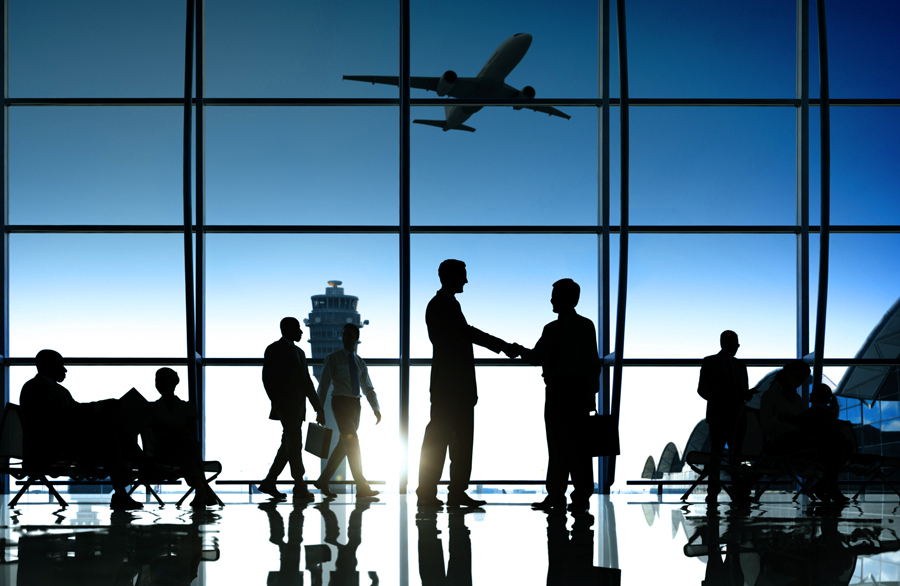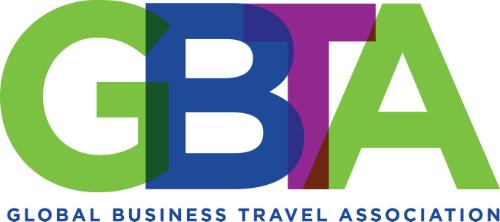Global travel prices are predicted to continue to increase in the remaining months of 2022 and throughout 2023, according to the 2023 Global Business Travel Forecast, published recently by CWT, the B2B4E travel management platform, and the Global Business Travel Association (GBTA). Rising fuel prices, labor shortages, and inflationary pressures in raw material costs are the primary drivers of the expected price growth, according to the report, which used anonymized data generated by CWT and GBTA, with publicly available industry information, and econometric and statistical modeling developed by the Avrio Institute.

“What we are seeing now are multiple factors coming into play when corporate travel buyers and procurement officers model their travel programs. This eighth joint annual forecast marries statistical travel data and trend analysis with macroeconomic influences to provide a cornerstone reference point for their corporate business travel planning ahead,” said GBTA CEO Suzanne Neufang.
Ground Transportation
Global car rental prices fell 2.5 percent in 2020 from 2019, before rising 5.1 percent in 2021. Prices are expected to increase 7.3 percent in 2022, hitting new highs, and rise a further 6.8 percent in 2023.

The vehicle industry remains capacity constrained and rental agencies that reduced fleet sizes in the wake of the pandemic have not yet fully recovered—due in part to component shortages and supply chain disruptions that have reduced global auto production.
Rental agencies have reverted to buying used vehicles to increase fleet sizes and are keeping their vehicles longer. Some agencies are also buying vehicles from automakers outside of their historically supported brands.
Skyrocketing prices, vehicle shortages, and the need for visibility into carbon emissions from door-to-door are driving corporate travel managers to factor ground transport into full trip planning from the beginning. This is especially true when factoring in the inclusion of electric vehicles, and while widespread adoption may still be a few years away, personal preference should not be underrated.
Meetings and Events
“Demand for business travel and meetings is back with a vengeance, of that there is absolutely no doubt,” said CWT CEO Patrick Andersen. “Labor shortages across the travel and hospitality industry, rising raw material prices, and greater awareness for responsible travel are all having an impact on services, but predicted pricing is, on the whole, on par with 2019.”
Prices have increased in all regions across most categories of spend, fueled by pent-up demand, a desire to build company culture, and an uncertain economic outlook. The cost-per-attendee for meetings and events in 2022 is expected to be around 25 percent higher than in 2019, and it’s forecast to rise a further 7 percent in 2023.
Alongside pent-up demand, corporate events are now competing with many other types of events that were cancelled in 2020. And, with many companies having given up office space during the pandemic in favor of remote working, they are now booking meeting spaces when staff gather in person, further fueling demand.
Shorter lead times for events, varying from one to three months versus six to 12 months, are also contributing to this perfect storm, perhaps underscored by corporate concerns that the situation they face today could change very rapidly. This is particularly noticeable within Asia Pacific, which has been slower than other regions to re-open post-pandemic, with ongoing restrictions in China prompting clients to make sure their events can go ahead, and as quickly as possible.
Air
Business travel airfares fell more than 12 percent in 2020 from 2019 followed by an additional 26 percent decline in 2021. Economy ticket prices fell more than 24 percent from 2019 to 2021, while premium tickets fell 33 percent. Prices are expected to rise 48.5 percent in 2022, but even with this steep price increase, prices are expected to remain below pre-pandemic levels until 2023. Following an increase of 48.5 percent in 2022, prices are expected to rise 8.4 percent in 2023.
Rising demand and continued price rises on jet fuel, which have seen prices more than double in some markets to over $160/barrel according to S&P Global, are putting upward pressure on ticket prices.
Premium class tickets comprised over 7 percent of all tickets purchased in 2019. The share of premium class tickets fell to 6.5 percent in 2020 and to 4.5 percent in 2021 but have started to rise in 2022. Through the first half of the year, premium tickets made up 6.2 percent of all tickets purchased. A rising share of premium class tickets will result in higher average fares as average ticket price comprises economy and premium.
International and cross border bookings are recovering across most regions which will result in a higher share of international ticket bookings and a corresponding higher average ticket price despite uncertainties caused by the war in Ukraine. Following two years of minimal to no expenditure, business travelers are likely to be willing to spend more on tickets, especially as availability reduces due to labor shortages. This upward trend is largely due to widespread vaccine rollouts and border re-openings.
You can read the report online here.
Visit gbta.org for more information.
[08.16.22]

